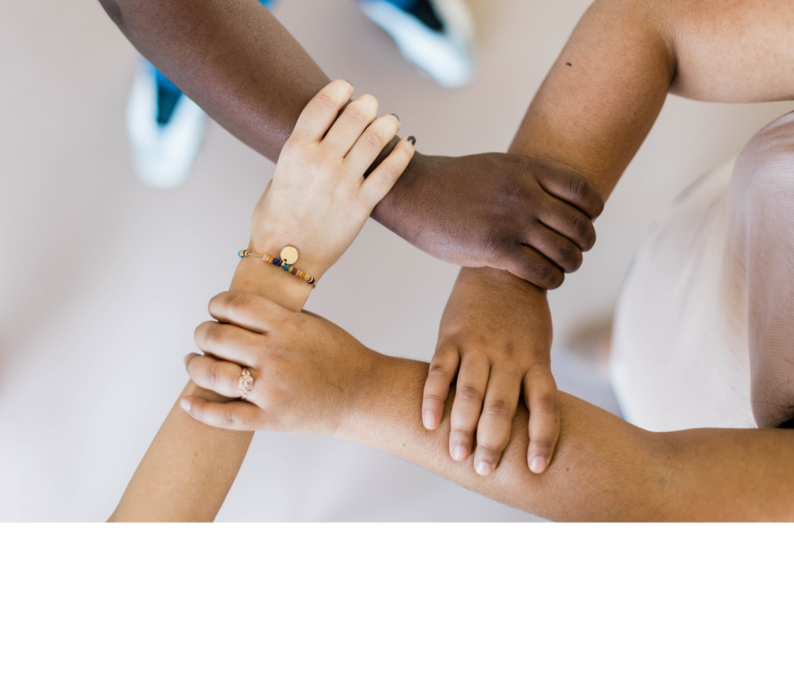
Last week we gathered together some of our Coalition Partners to discuss the issue of representation in co-production. I would like to share some of my thoughts after this event.
I think it goes without saying that those of us who find ourselves in strategic co-production roles can never be entirely representative of the whole population. But who do we represent?
I am a woman, but is my experience of health and social care the same as every other woman? No.
I am part of the LGBTQ + community, but is my experience of health and social care the same as every other member of this community? No.
I consider myself to be disabled, but is my experience of health and social care the same as every other disabled person? No
The list of labels that I could place upon myself to indicate who I could possibly represent is a long one. I’m sure if you then combined the list of labels with my medical diagnoses you would struggle to find another person with my profile.
So truly I only represent myself, the same as any other person in a strategic co-production role.
Undertaking a role like this it’s important to remember your identifying labels, but more importantly you need to be able to speak for more people than just yourself.
You also need to speak for the people who are like you in some way. For example, I have spoken as a person with lived experience of a particular condition before.
You also need to be able to reach beyond that, to the voices of people who would find it hard to be able to be in that room. Those whose anxiety would prevent them, or who would find language or communication too much of a barrier.
The idea of a ‘ladder of co-production’ was adapted by Think Local Act Personal (TLAP) and the National Co-production Advisory Group (NCAG) from Arnstein’s Ladder of Participation. For a long time, I believed the gold standard was to be at the top of this ladder.
But now when I think about the difference between lived experience and strategic co-production, I believe we need to be working all levels of this ladder with all people in all places, to make sure that the ultimate voice heard when decisions are being made is that of all people
For me, strategic co-production is about gathering the voices that you seek to represent. We need to be creative and adaptive in how we get those voices heard. We need to identify those whose voices are less often heard, and find out the best way to access and gather these experiences.
Strategic co-production is also about demonstrating the value and benefits of co-production, and making sure good quality co-production is made a priority in the settings that you work in. Without this prioritisation, the time and money needed to gather wider voices cannot happen.
We have strategic co-production roles, and a breadth and depth of lived experience. For me, representation comes from joining these two together in the most effective way. This is the challenge for those of us involved in co-production, and work on this challenge is priority for me and the Coalition.